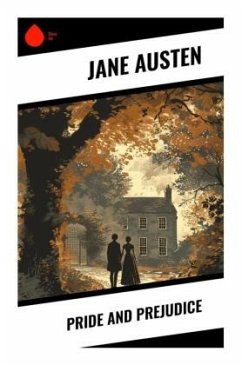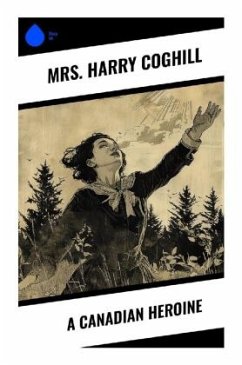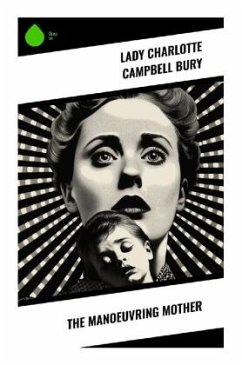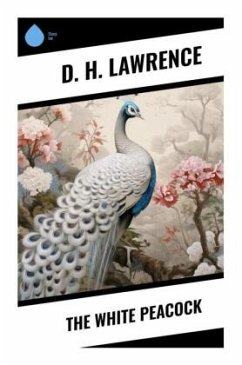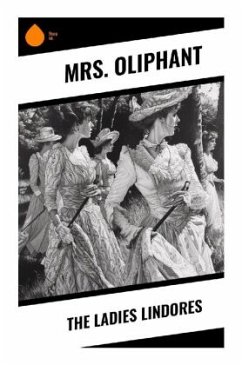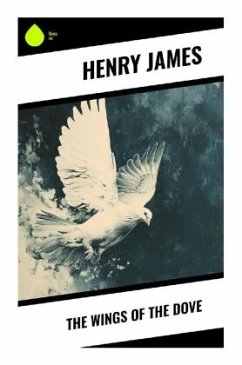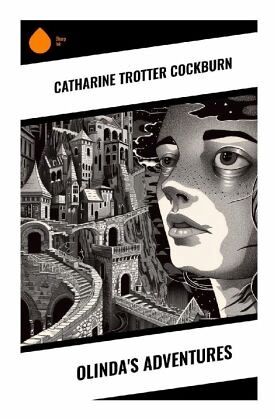
Olinda's Adventures
Versandkostenfrei!
Versandfertig in 6-10 Tagen
7,50 €
inkl. MwSt.
Weitere Ausgaben:

PAYBACK Punkte
0 °P sammeln!
In Catharine Trotter Cockburn's novel "Olinda's Adventures," the reader is introduced to a richly woven narrative that explores themes of gender, morality, and the quest for autonomy. Set against the backdrop of the early 18th century, this work is marked by its vivid characterization and a distinctive, engaging prose style that challenges the conventions of its time. The story follows Olinda, a spirited woman who defies societal constraints, highlighting the tension between personal desires and societal expectations while navigating a complex world of intrigue and romance. Catharine Trotter C...
In Catharine Trotter Cockburn's novel "Olinda's Adventures," the reader is introduced to a richly woven narrative that explores themes of gender, morality, and the quest for autonomy. Set against the backdrop of the early 18th century, this work is marked by its vivid characterization and a distinctive, engaging prose style that challenges the conventions of its time. The story follows Olinda, a spirited woman who defies societal constraints, highlighting the tension between personal desires and societal expectations while navigating a complex world of intrigue and romance. Catharine Trotter Cockburn was a notable figure in the Early Modern period, both as a writer and a philosopher. Her experiences, particularly her unconventional approach to life and her acute awareness of women's social limitations, deeply informed the creation of "Olinda's Adventures." Cockburn was not only an early feminist thinker but also an advocate for women's intellectual contributions, which is evidentin the strong character development throughout her narrative. This captivating novel is highly recommended for readers interested in feminist literature and historical narratives that delve into the exploration of identity and autonomy. "Olinda's Adventures" is not merely a tale of personal growth; it serves as a profound commentary on the societal structures that constrain women's freedom, making it an essential read for anyone interested in the evolution of women's roles in literature.






